One of the key goals for many Australian businesses is to export their products to markets across the globe. Whether working in the mining, food or manufacturing industries, the enterprise can capture demand from offshore. There is a good chance that the business can be profitable moving forward.
However, in many cases, there is one obstacle that stands in the way of progress – customs and quarantine costs. As countries are so concerned about border security, the amount of documentation and tests required on stock is often not worth the bother.
For example, when companies are moving stock across borders in wooden pallets, a Treatment Certificate is required. Even if this is granted, the consignment may get quarantined on arrival with immigration officials demanding that you present the correct paperwork.
Trading across borders – by the numbers
The World Bank Group released its latest Trading Across Borders statistics in June 2015. Using country-specific data, the figures highlight where it is the cheapest to export stock and how long this process usually takes.
Australia’s results were mixed with the World Bank stating that it takes 36 hours to obtain border compliance, while this will cost an average of US$749. Additionally, documentary compliance alone will take 7 hours, costing around $264. These numbers helped to rank Australia 89th out of close to 200 countries. It is an average result for such a significant exporter in the global economy.
Plastic pallets – reducing time and cost stress
At Eco Pallets, we understand that exporting to foreign countries can be tricky. As such, we have developed our specially designed pallets for exports bound for New Zealand, China and the USA. Removing the red tape around treatment and fumigation should speed up the entire export process for business leaders.
Our specific plastic pallets meet Australian Quarantine and Inspection Service (AQIS) requirements and are considered a true industry leader. To find out more, contact our team today.


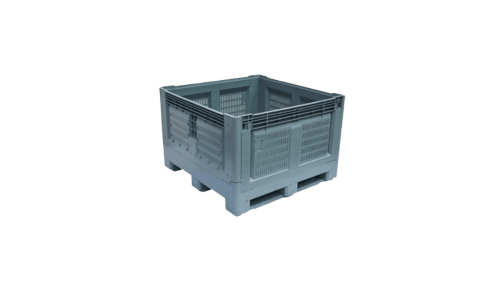

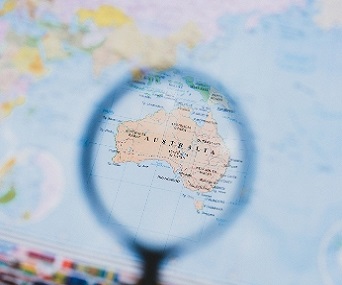
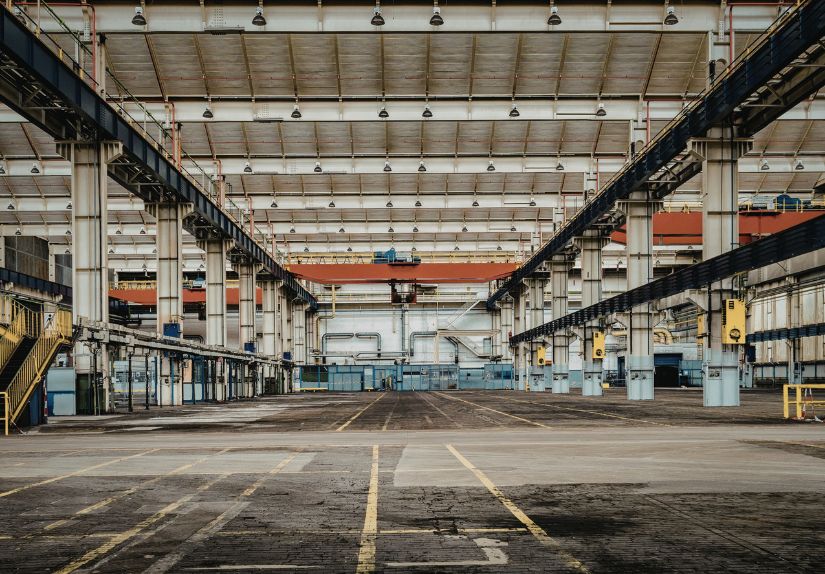
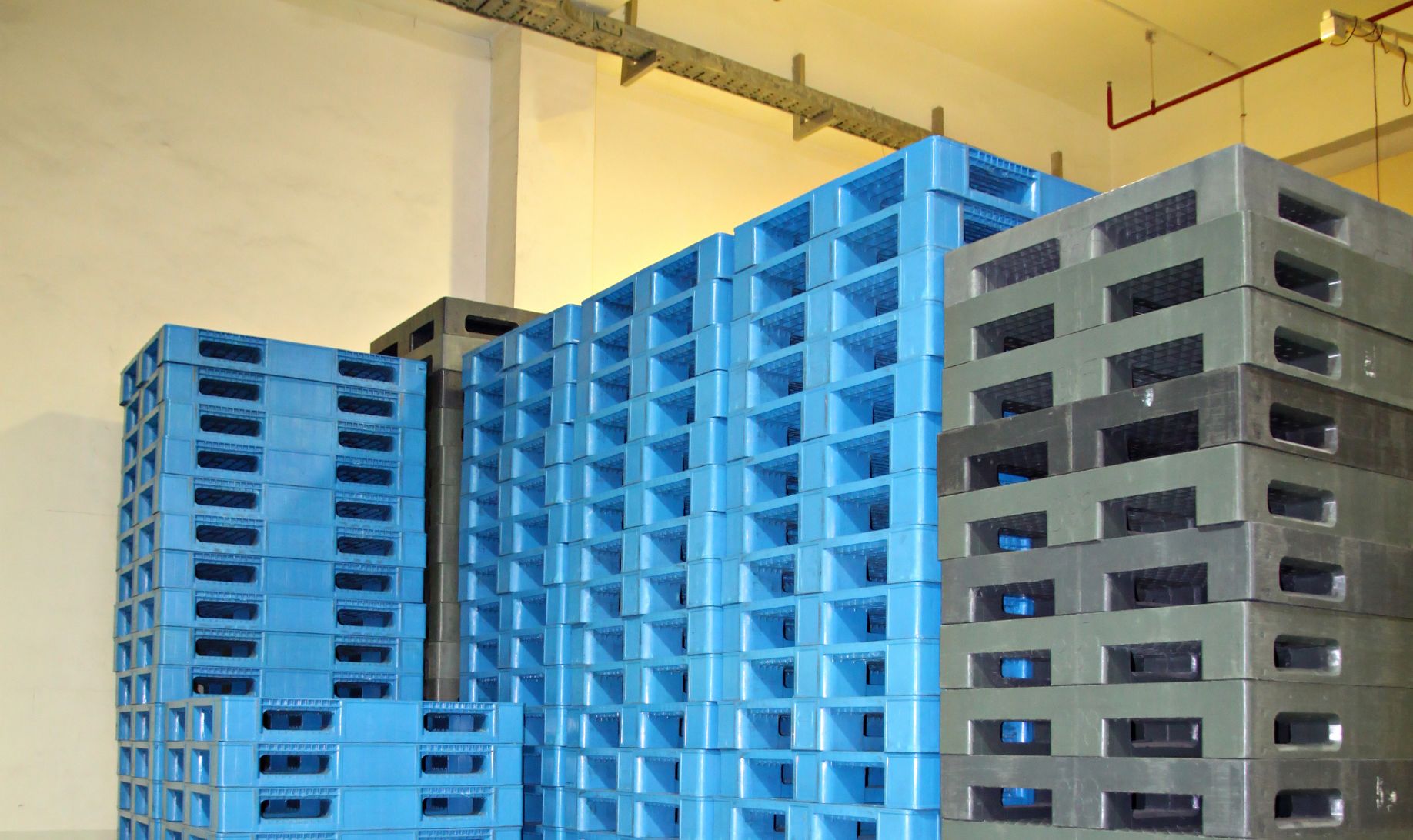
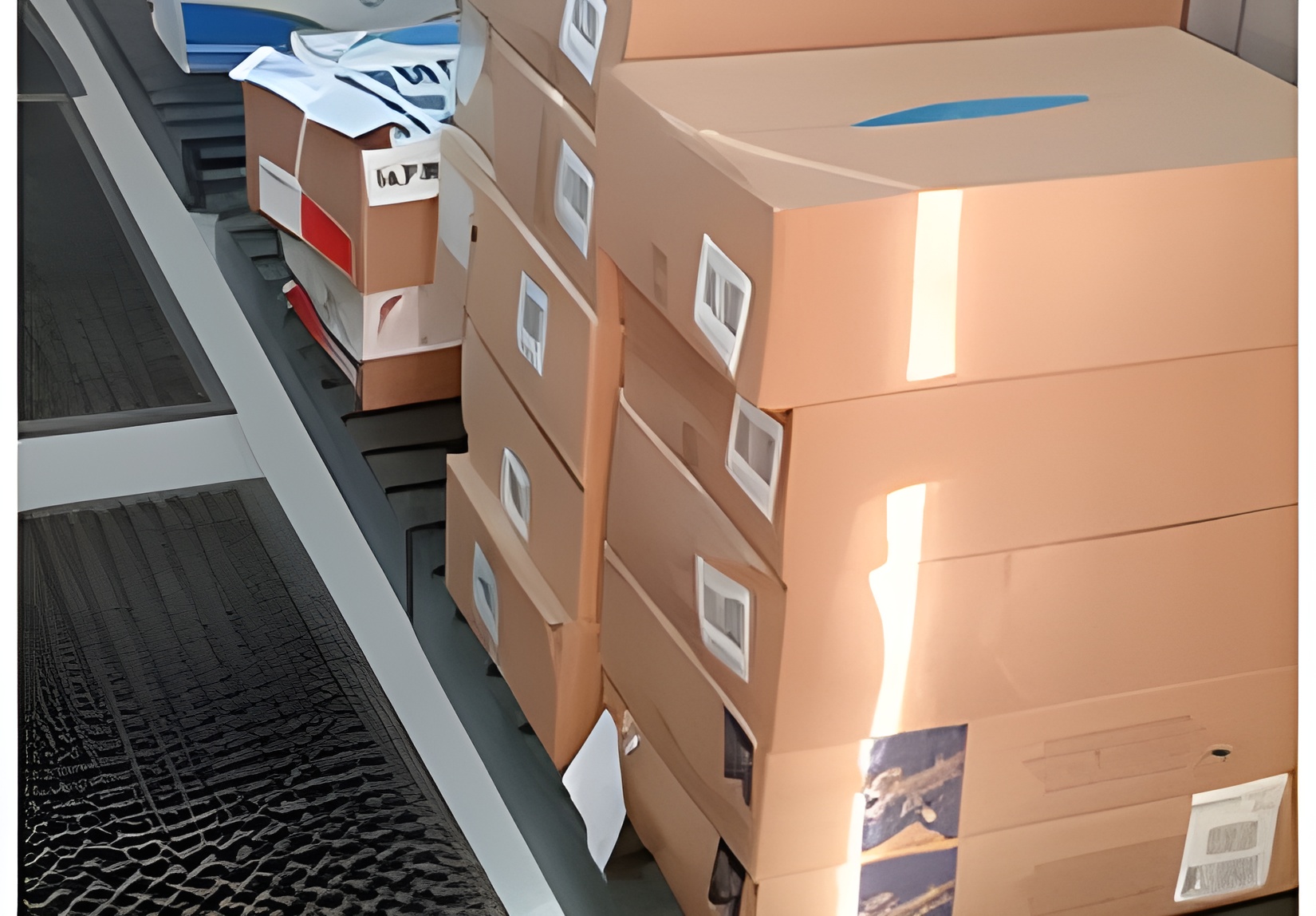
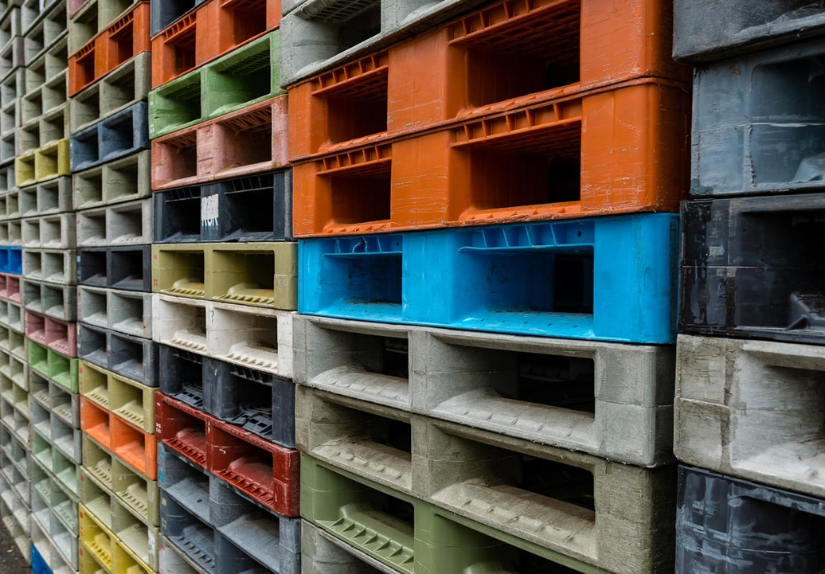

Comments are closed.